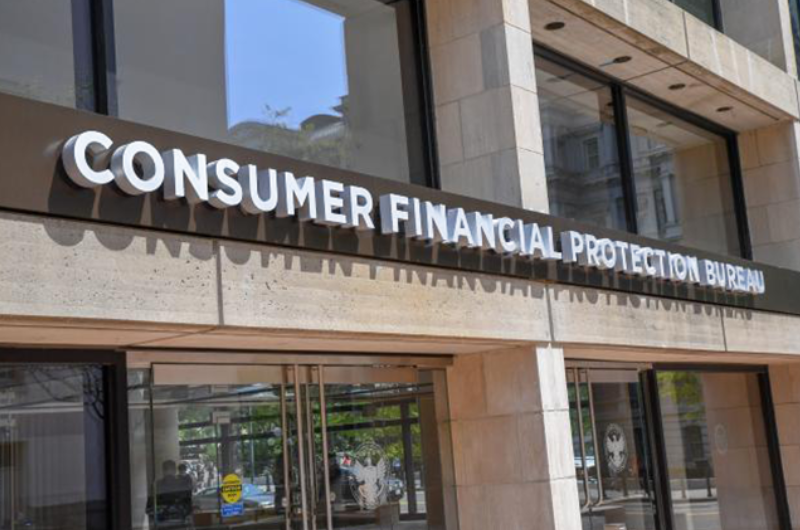


The Consumer Financial Protection Bureau released its proposed rule on non-sufficient funds (NSF) fees this week, specifically addressing fees for payment transactions declined at the moment of a swipe, tap, or click.
You can view the proposed NSF rule language here.
The proposed rule aims to prohibit NSF fees on transactions that are instantaneously declined, including debit card purchases, automated teller machine withdrawals, and specific peer-to-peer payments. As an example, the proposed rule forbids charging fees for declined transactions, such as when a consumer with $90 in an account cannot pay for $100 worth of groceries.
While the California and Nevada Credit Union Leagues are still analyzing its implications, below are some key takeaways.
Covered Financial Institutions
The NSF proposal applies to “covered financial institutions” as defined under Regulation E, 12 CFR 1005.2(i). This includes banks, savings associations, credit unions, or any entity holding a consumer’s account directly or indirectly.
In contrast to the overdraft proposal issued by the bureau last week, which is applicable only to financial institutions with over $10 billion in assets, the bureau’s NSF proposal extends its scope to financial institutions of all sizes.
Covered Transactions
The NSF proposal defines a “covered transaction” as one where a consumer attempts to withdraw, debit, pay, or transfer funds from their account, and where the transaction is declined instantaneously or near-instantaneously by a covered financial institution due to insufficient funds. This includes one-time debit card transactions without pre-authorization, automated teller machine withdrawals, and specific peer-to-peer transactions.
However, transactions that are not included are checks, automated clearing house transactions, and those authorized in the first instance, even if later they are rejected or fail to settle due to insufficient funds.
NSF Comment Timeline
Comments on the NSF proposal are open until March 25, 2024.
Parting Thoughts on the Bureau’s Perspective
The bureau acknowledges that financial institutions seldom charge fees for real-time declined transactions (at the moment of a swipe, tap, or click). Despite this, the bureau indicated it is taking preventative measures to curb NSF fees as transaction processing technology evolves.
The Leagues question the rationale behind this proposal, considering the bureau’s admission that few, if any, financial institutions currently impose such fees.
League Advocacy and Overdraft Resources
As a member-owned entity, the Leagues know that credit unions always emphasize their commitment to minimizing fees and supporting members of modest means, prioritizing the movement’s “people helping people” philosophy. As a reminder, the Leagues have launched a Credit Union Overdraft Resources site for League members to access, which includes talking points, facts, research, a downloadable opinion-editorial template, and a regulatory timeline.
The Leagues will routinely update this site and notify you as the news media spotlights overdraft protection services, as well as federal and state regulators and legislators. Please take advantage of these resources to support your media relations efforts and internal conversations with staff.
The Leagues will also keep credit unions updated on our comment letter to the bureau going forward. Thank you for your patience as we continue advocating for your credit union on these important issues.
If you have any questions, please email Leagues Vice President of Regulatory Advocacy and Compliance Lisa Quaranta.
2855 East Guasti Rd., Suite 202
Ontario, CA 91761
909.212.6000
1201 K. St., Suite 1050
Sacramento, CA 95814-3992
916.325.1360
c/o Great Basin FCU
9770 South Virginia Street
Reno, NV 89511-5941
202.638.5777 www.cuna.org
www.dfpi.ca.gov
Clothilde “Cloey” V. Hewlett — 415.263.8500
fid.state.nv.us
702.486.4120 (Las Vegas)
775.684.2970 (Carson City)